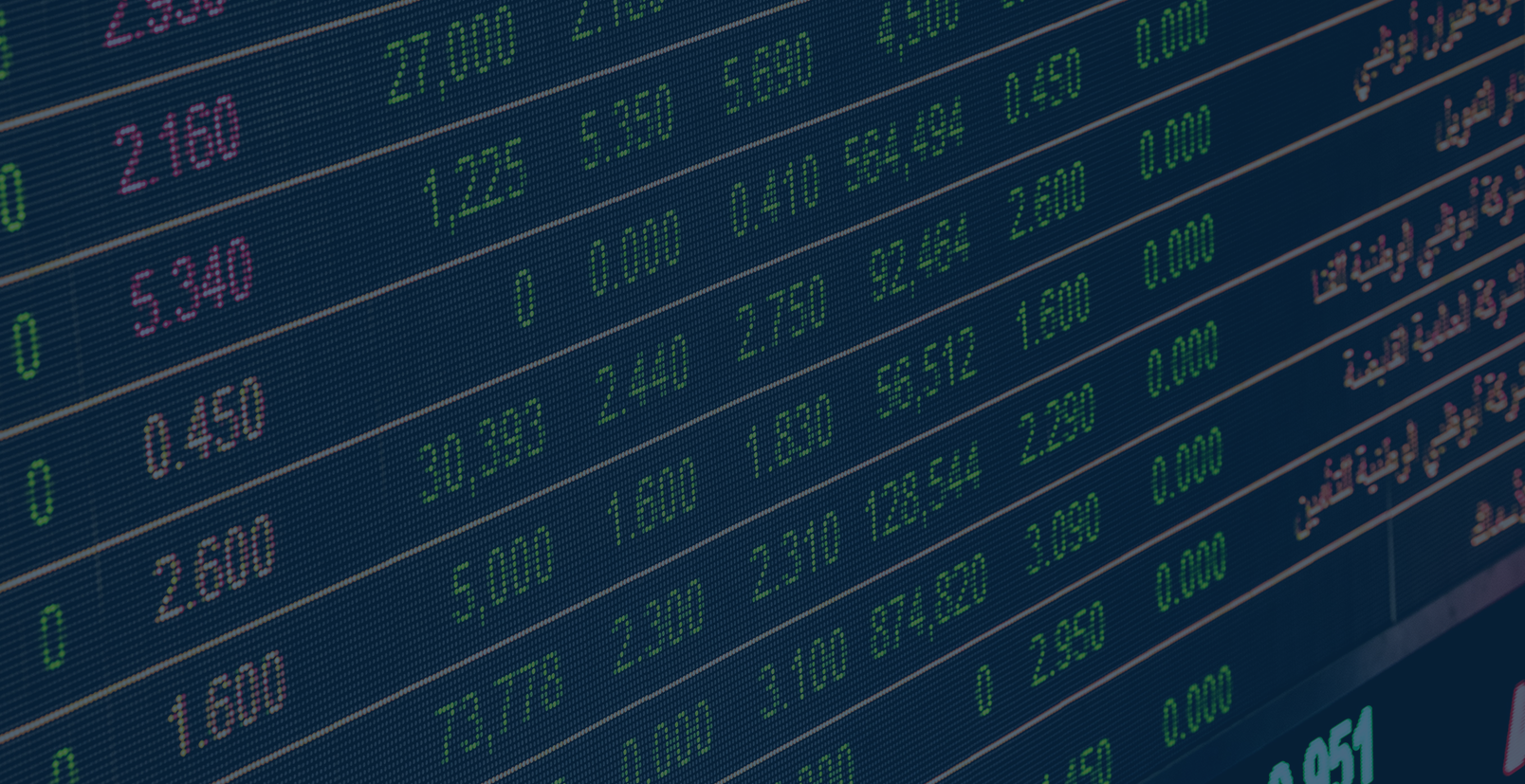 By MICHAEL FLITTON
By MICHAEL FLITTON
So far, around two thirds of companies within the Cerno Global Leaders have reported.
Going into results, our expectations were for companies to be guarded in their outlooks and reticent to engage in detail lest they stray into a political quagmire. In extremis, full removal of forward guidance (the protocol by which companies provide forward looking estimate ranges) was possible, as we witnessed in 2020 as the Covid pandemic developed.
The reality was more informative than feared. Tellingly, in a parallel to Covid, there was confirmation that rapid adaption is already taking place with pricing power being exerted and global footprint flexibility engaged. What remains unclear is the secondary demand ramifications, but this will become clearer in the next few months.
Below we dig in to select company commentary to illustrate how management teams are interpreting the rapidly changing landscape. The recent meeting in Switzerland, which saw tensions de-escalate between China and the US occurred after this commentary. We can assume that probable negative effects will be less but that the range of probabilities remains wide given the difficult negotiation period ahead.

Healthcare has been one of the biggest drags on the portfolio over the past year. This has been a function of the challenging funding environment for biotech and more recently, the chilling effect of RFK Jr’s leadership of the Department of Health. However, this group appears some of the most resilient, based on company commentary. In the near term, margins are generally expected to compress by 1-2pp with a mid-single digit headwind to earnings. Beyond a difficult 2025, management teams believe there is opportunity.
Thermo Fisher exemplifies this dynamic. The company is the foremost global supplier of analytical instruments and services to the healthcare industry. It is the largest domestic life sciences player in every major market around the world. This provides a unique ability to shift manufacturing rapidly and to offset higher costs with pricing. Management sees a growing opportunity to attract market share by facilitating flexibility for customers re-orientating around the new reality of tariffs.
The outlier is Philips, which is not well set up for this face off between China and the US. In several product lines it utilises bases in China or the US to sell to the other side of the Pacific. A prolonged period of adjustment appears needed to re-orient the footprint of the business.
Our direct consumer exposure is limited, but of those that have reported, the outlook is robust. Givaudan, which supplies flavours and fragrance ingredients to food & beverage and consumer products end markets was unequivocal in its update. Price increases are being implemented immediately to offset in full any cost inflation from tariffs. It is Givaudan’s nodal position within the value chain of these products that confers such a level of pricing power. This characteristic is something we look for in companies we invest in.
Within technology, semiconductors have long been a core holding for the strategy. The sector is of acute interest to both China and the US and thus has been a flashpoint for policy. We remain convinced as to the long-term demand for high end semiconductors, however through the year we have de-weighted the sector exposure to reflect these elevated risks. SK Hynix, TSMC, and ASML all reiterated continued confidence in customer procurement. The confirmed strength of capex intentions at US hyperscalers during the quarter supports this, in our view, at least through 2025/26.
Also positive for compute demand is the increasingly rapid cadence of new LLM model launches during Q1. OpenAI released o4-mini less than 3 months after o3-mini, as well as updates to their general purpose models (GPT-4.1 and 4.5). Both xAI and Google refreshed their frontier models (Grok 3.5 and Gemini 2.5, respectively) less than 2 months after their first release. Coming soon will be DeepSeek’s R2. This relentless progression appears to have dropped out of the popular narrative, usurped by Trump’s strategy of “flooding the zone”. However, the implications are significant for AI implementors as the costs of inference, i.e. running the models, continues to collapse.
 Token price trend of GPT-4, CLSA
Token price trend of GPT-4, CLSA
AI implementation has been a core focus for us over the past year with RELX, Experian, Adyen, and S&P Global all entering the portfolio. These companies have proprietary data sets, deep domain knowledge, and the technological sophistication to deploy tools that accelerate earnings. It was notable during the quarter that the companies that did report (RELX, Adyen, S&P Global) saw a resilient outlook with accelerating growth potential. These businesses offer products that drive value for the companies that use them and are deeply embedded in existing workflows. The quality of their software offerings and the margin they can make increases as the cost of AI falls.
Finally, our industrial exposure. These firms are naturally cyclical and so face the most acute risk from secondary demand softening. As with healthcare, one firm looks to be mismatched in its US-China footprint, Assa Abloy. The global leader in secure entrance systems faces the need to ‘aggressively relocate’ away from China if tensions do not de-escalate. Price increases of 1-2% are being implemented but the group notes most competitors face a similar situation, so the competitive landscape is not significantly altered.
Two companies see significant opportunities. Dassault Systèmes provides software and systems to help customers navigate complexity in design and manufacturing. Management observes an opportunity to provide tools to ‘rewire supply chains’ as company thrift out expensive parts or redesign factory floors.
US industrial conglomerate Ametek has been proactive in moving production to the US. Nevertheless it sees a likely US$100mn hit to revenues this year. Into 2026, a much bigger opportunity emerges as a broader domestic customer base emerges.
The global businesses held with the Global Leaders strategy are more likely to experience the impact of tariffs due to breadth. But those companies we hold in this portfolio are also demonstrating the quality we saw in Covid, which is flexibility, pricing power, and dynamism. Adaption is a core competence for companies in the portfolio and we are confident they can engage this skill set to successfully navigate this rapidly evolving landscape.
Disclaimer: This document is issued by CERNO CAPITAL PARTNERS LLP (“CERNO CAPITAL”) and is for private circulation only. CERNO CAPITAL is authorised and regulated by the Financial Conduct Authority in the United Kingdom. This document is strictly confidential and does not constitute an offer to sell or the solicitation of any offer to buy any securities and or derivatives and may not be reproduced, distributed or published by any recipient for any purpose without the prior written consent of CERNO CAPITAL. The value of investments and any income generated may go down as well as up and is not guaranteed. You may not get back the amount originally invested. Past performance is not a guide to future performance. Changes in exchange rates may have an adverse effect on the value, price or income of investments. There are also additional risks associated with investments in emerging or developing markets. The information and opinions contained in this document are for background purposes only, and do not purport to be full or complete. Nor does this document constitute investment advice. No representation, warranty, or undertaking, express or limited, is given as to the accuracy or completeness of the information or opinions contained in this document by any CERNO CAPITAL, its partners or employees and no liability is accepted by such persons for the accuracy or completeness of any such information or opinions. As such, no reliance may be placed for any purpose on the information and opinions contained in this document.


